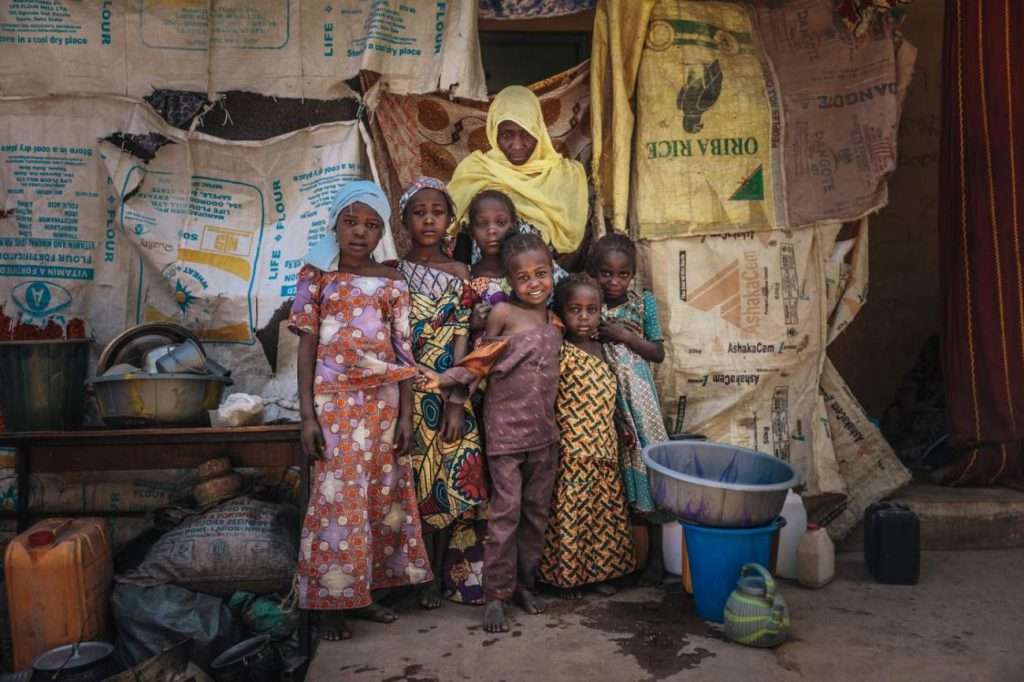UN warns that aid cuts will push Nigerians to Boko Haram

As aid runs out in Nigeria, the World Food Program warns that this could boost one of the world’s deadliest militant groups, Boko Haram.
“It will be much easier for militants to lure youths to join them and spiral insecurity across the whole region,” Trust Mlambo, head of operations in the area for WFP, told the BBC on July 31.
Boko Haram, Nigeria’s homegrown insurgency, has been classified as “one of the world’s deadliest jihadist groups.” Founded in the early 2000s, the movement seeks to establish an Islamic Caliphate in Africa.
Over the years, the group has gained notoriety for its chilling civilian violence, including the abduction of over 200 school girls in 2014, scorched earth campaigns, suicide bombings, and ruthless massacres of the country’s Christian population.
Nigeria and its security partners have expended colossal resources in a drawn-out conflict with the group, yet Boko Haram’s hold on the region has expanded into neighboring Cameroon, Chad, and Niger.
As the international community tightens its wallet and aid dries up, the 1.4 million displaced people in the country’s war-weary north-east, who are fully dependent on such provisions, are now more vulnerable to the insurgency than ever before.
“We don’t have any more to give after this [month’s] cycle,” said Mr Mlambo of the WFP. “Our warehouses are empty, and we just are desperate for any generous donations.”
The US, the richest nation in the world and top WFP donor, recently admitted to making cuts to its humanitarian aid program, in line with President Donald Trump’s America First policy. According to the WFP on X on April 7, this was a “death sentence for millions of people facing extreme hunger and starvation.”
The UK and European Union have also scaled back donations, with some nations halting support all together.
Cuts from several other countries have had serious impacts on the ground: “Six-hundred-and-fifty-two children have already died in our facilities since the beginning of 2025 due to lack of timely access to care,” according to Médecins Sans Frontières (MSF)
Mlambo says desperation and hunger will push people to extremism: “If people here feel that their livelihood [is gone], they can’t even have the next meal, for sure, they will be pushed to go just across the [hills] to enrol.”
BBC/ WFP/ Maghrebi
Want to chase the pulse of North Africa?
Subscribe to receive our FREE weekly PDF magazine












